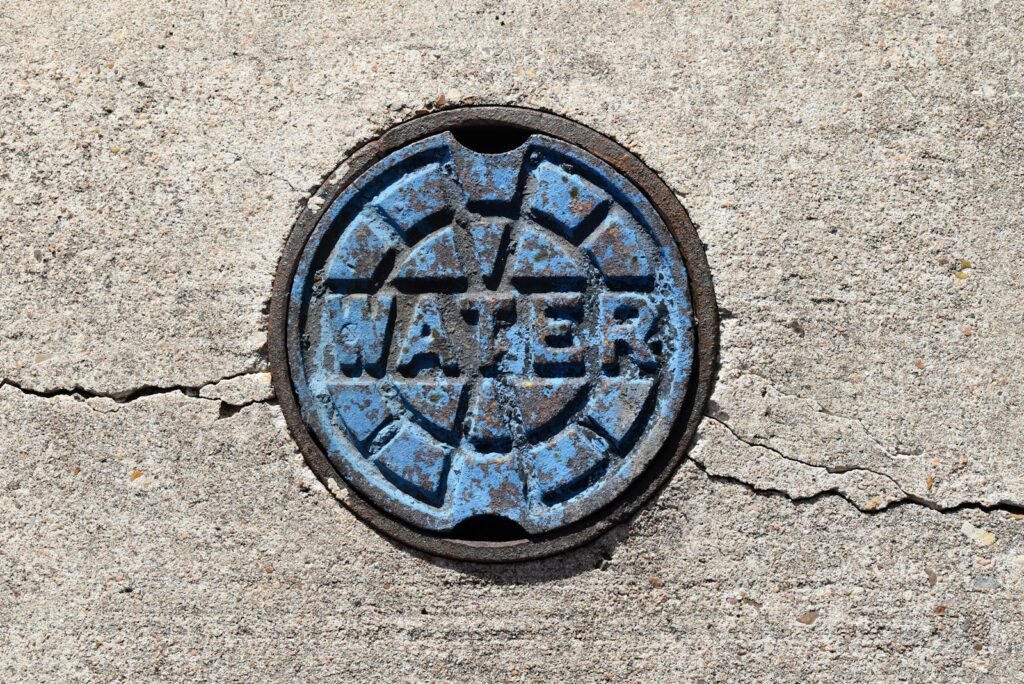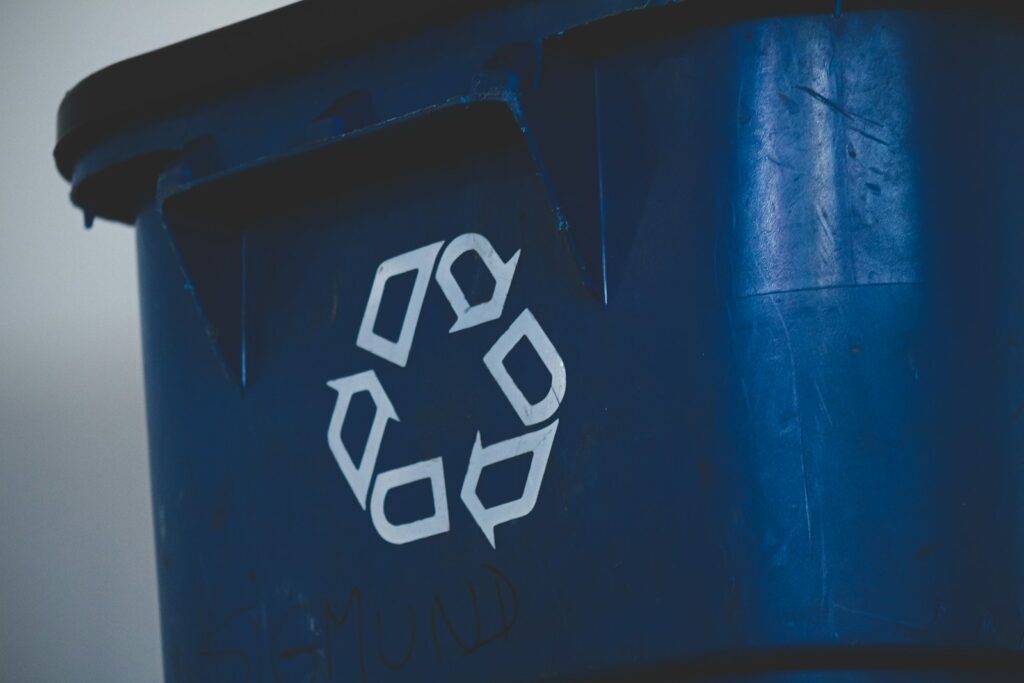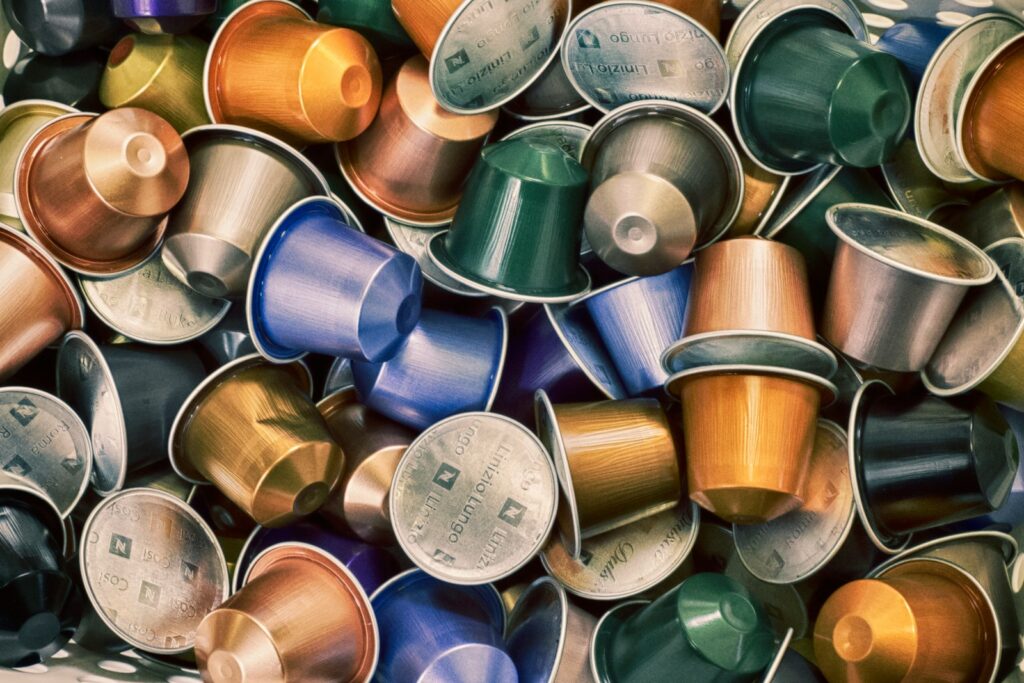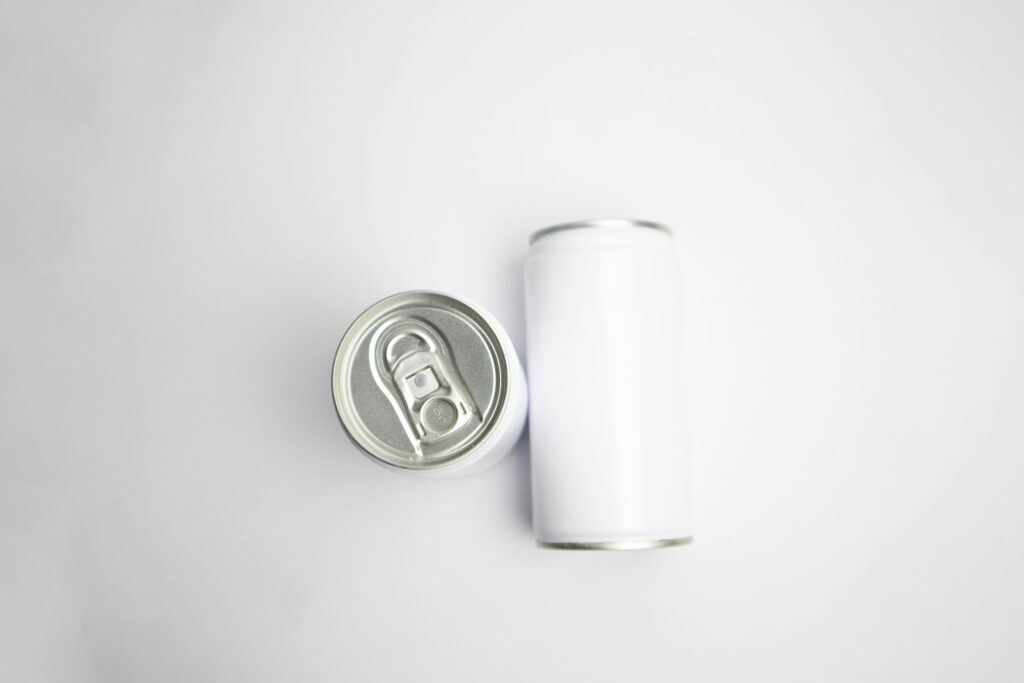Many of the world’s nations may be overstating the level of real recycling they are achieving, according to a new report.
Recycling – Who Really Leads the World? by consultants Eunomia, with support from the European Environmental Bureau (EEB), contains a revised recycling league table, which it claims gives a more realistic account of how each country is actually doing.
According to recycling rates reported by each country – the top three nations around the world are Germany (66%), Wales (64%) and Singapore (61%).
But Eunomia’s report takes into account how different countries measure recycling rates, whether construction or commercial waste is included or excluded, and how ash from incineration is accounted for.
Using these adjusted rates, the report claims top three countries are: Germany (56%), Austria (54%) and South Korea (54%) with Wales dropping into fourth place (52%).
The report states high-performing countries often have comprehensive schemes to enable people to recycle in place, along with clear performance targets.
It also claims such countries have government funding available for recycling, as well as financial and behavioural incentives to directly and indirectly encourage citizens to recycle more.
The report adds, based on current figures, that Wales is the nation most likely to overtake Germany in the short term.
‘What’s interesting is that when ranked based on reported recycling rates, the winners are clear, whereas after making adjustments for different measurement methods the top recyclers are much closer together, so the top spot is all to play for if countries want to be ambitious,’ said report author and Eunomia managing consultant, Rob Gillies.
‘It’s important to note this research has been carried out so we can identify who the real leaders in recycling are, to share best practice by shining a spotlight on what these countries are doing,’ added Mr Gillies.
‘We also hope that this will help progress the debate on how best to measure “real” recycling, in line with the principles of the waste hierarchy, in a way that is as consistent as possible within Europe and further afield.’
EEB’s policy manager on circular economy, products and waste, Stéphane Arditi, added: ‘This kind of ground-breaking research tells us what EU countries really need to do to achieve higher recycling rates, which require proper collection and recycling of biowaste.
‘It also tells in a truly circular economy there can be no room for incineration of valuable resources that could instead be actually recycled. The fact that some countries have increased recycling rates by 35 percentage points in under 15 years shows that all member states can achieve the new EU recycling targets.’
















